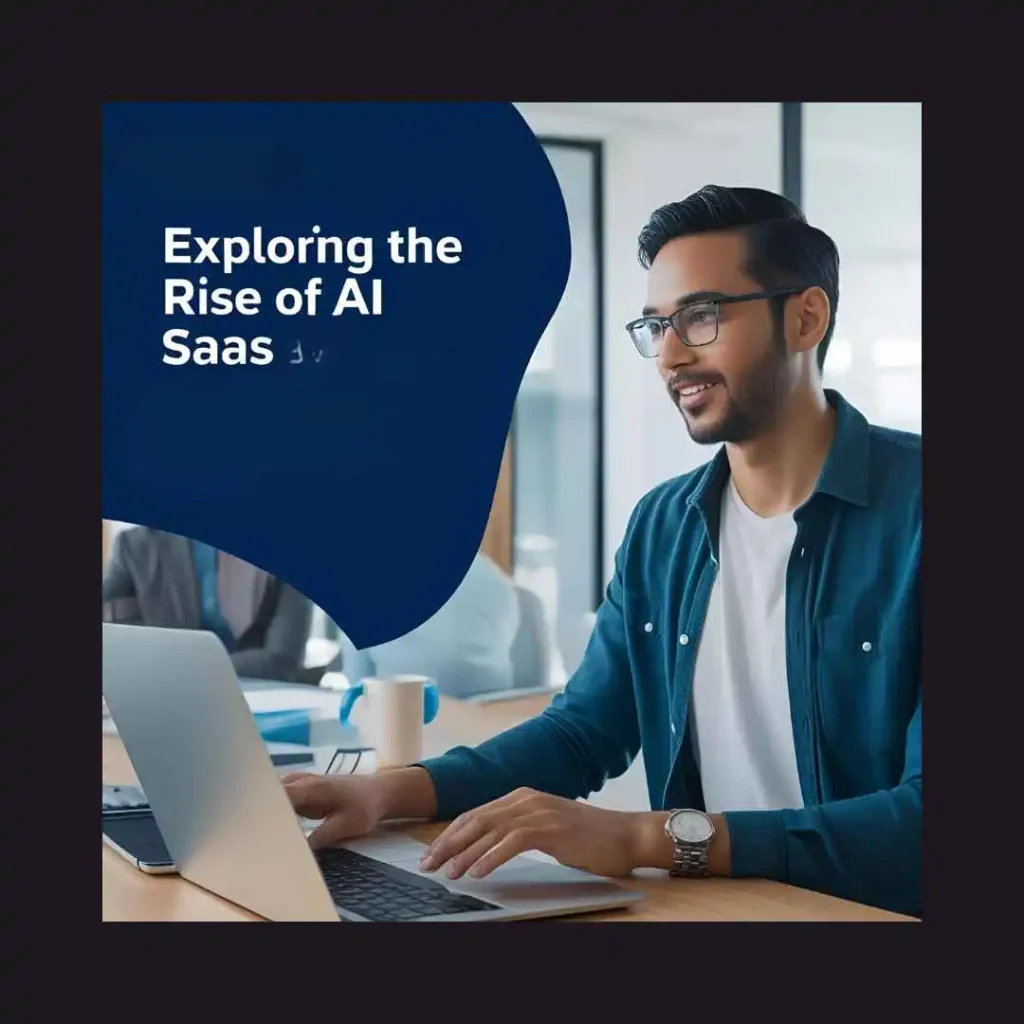AI-Driven Cloud Operations: Innovations to Watch in 2025
The future is knocking at our doors, and with it comes a wave of technological advancements that promise to reshape how we interact with the world. Among these is AI-driven cloud operations, a burgeoning field that’s setting the stage for revolutionary changes in 2025. In this blog post, we delve into the innovations to watch, how they might impact industries, and what it means for businesses and consumers alike. Buckle up and let’s explore the fascinating world of AI in the cloud!
Table of Contents
1. Introduction to AI-Driven Cloud Operations
2. The Role of AI in Cloud Operations
3. Key Innovations to Watch in 2025
4. Impacts on Industries
5. Benefits for Businesses and Consumers
6. FAQs
7. Conclusion
Introduction to AI-Driven Cloud Operations
Cloud computing has already transformed how businesses operate, offering scalable resources on-demand and reducing the need for physical infrastructure. However, the integration of artificial intelligence into cloud operations is poised to take this transformation to new heights. By 2025, AI is not just expected to enhance cloud efficiency but also to enable predictive analytics, automate routine tasks, and even offer personalized user experiences. But what exactly does AI-driven cloud operations entail?
The Role of AI in Cloud Operations
AI plays a pivotal role in enhancing cloud operations by introducing automation and intelligence into the mix. It can analyze vast amounts of data in real-time, optimize resource management, and detect anomalies before they escalate into problems. Essentially, AI acts as the brain of cloud operations, making informed decisions that enhance performance, security, and cost-efficiency.
Key Innovations to Watch in 2025
As we look towards 2025, several key innovations are expected to redefine AI-driven cloud operations:
1. Autonomous Cloud Management
Imagine a cloud system that manages itself. Autonomous cloud management uses AI to self-monitor and self-optimize without human intervention. This innovation will enable systems to automatically scale resources, balance loads, and optimize performance based on real-time data.
2. Enhanced Security Protocols
AI-driven security measures will become more sophisticated, utilizing machine learning to predict and counteract threats before they occur. By 2025, cloud security systems will be able to autonomously detect unusual patterns and mitigate potential breaches, offering a robust defense against cyber threats.
3. AI-Powered Development Platforms
AI will empower developers with tools that can automate coding, testing, and deployment processes. This will accelerate software development cycles and allow developers to focus on innovation rather than routine tasks.
4. Intelligent Resource Allocation
Through AI, cloud systems will intelligently allocate resources based on current demands and forecasts. This will not only improve efficiency but also significantly reduce operational costs.
Impacts on Industries
The ripple effect of these innovations will be felt across various industries:
Healthcare: AI-driven cloud systems will enable faster data processing, paving the way for real-time diagnostics and personalized treatment plans.
Finance: Enhanced security protocols will protect sensitive financial data, while predictive analytics will offer insights into market trends and investment opportunities.
Retail: AI will personalize customer experiences by analyzing shopping behaviors and preferences, thus boosting sales and customer satisfaction.
Benefits for Businesses and Consumers
The integration of AI into cloud operations offers numerous benefits for both businesses and consumers:
Cost Efficiency: Businesses can reduce operational expenses through intelligent resource management and automation.
Improved User Experience: Consumers will enjoy faster, more reliable services and personalized experiences tailored to their needs.
Innovation Acceleration: Companies will be able to innovate more rapidly, launching new products and services in shorter timeframes.
FAQs
Q: How will AI-driven cloud operations affect data privacy?
A: AI systems will enhance data privacy by implementing advanced encryption and anomaly detection techniques, ensuring that personal data remains secure.
Q: Are there any risks associated with AI-driven cloud operations?
A: While AI offers numerous benefits, it also poses challenges such as potential biases in decision-making and the need for robust cybersecurity measures to prevent unauthorized access.
Q: How can businesses prepare for AI-driven cloud operations?
A: Businesses should invest in AI training for their teams, collaborate with AI experts, and gradually integrate AI solutions into their cloud strategies.
Conclusion
The future of cloud operations is undeniably intertwined with the advancements in AI technology. By 2025, we can expect AI-driven cloud operations to revolutionize industries, enhance user experiences, and drive innovation. As we stand on the brink of this transformative era, businesses and consumers alike should stay informed and ready to embrace the changes that AI will bring to the cloud landscape. 🌐✨



